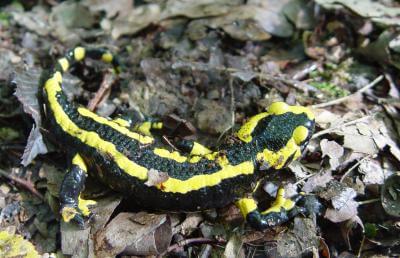Many vertebrate species would have to evolve about 10,000 times faster than they have in the past to adapt to the rapid climate change expected in the next 100 years, a study led by a University of Arizona ecologist has found.
Scientists analyzed how quickly species adapted to different climates in the past, using data from 540 living species from all major groups of terrestrial vertebrates, including amphibians, reptiles, birds and mammals. They then compared their rates of evolution to rates of climate change projected for the end of this century. This is the first study to compare past rates of adaption to future rates of climate change.
The results, published online in the journal Ecology Letters, show that terrestrial vertebrate species appear to evolve too slowly to be able to adapt to the dramatically warmer climate expected by 2100. The researchers suggested that many species may face extinction if they are unable to move or acclimate.
“Every species has a climatic niche which is the set of temperature and precipitation conditions in the area where it lives and where it can survive,” explained John J. Wiens, a professor in UA’s department of ecology and evolutionary biology in the College of Science. “For example, some species are found only in tropical areas, some only in cooler temperate areas, some live high in the mountains, and some live in the deserts.”
Wiens conducted the research together with Ignacio Quintero, a postgraduate research assistant at Yale University.

